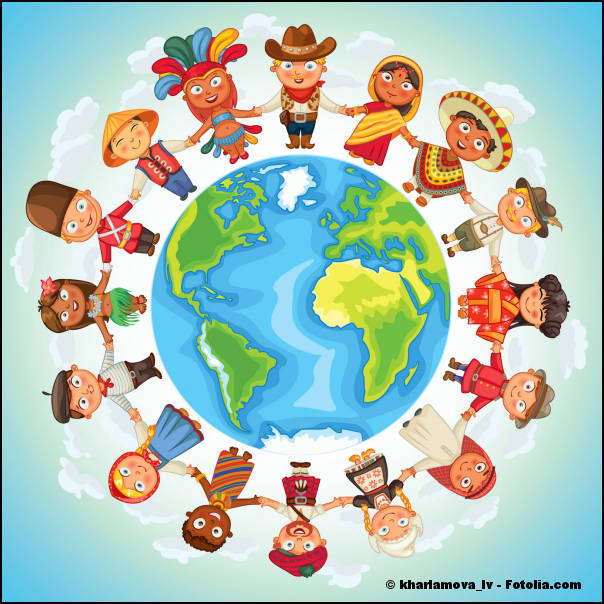For the week of October 1, 2016 / 28 Elul 5776

Nizzavim
Torah: Devarim/ Deuteronomy 29:9-30:20
Haftarah: Isaiah 61:10 – 63:9
Originally posted the week of September 12, 2015 / 28 Elul 5775
Download Audio [Right click link to download]
The LORD your God will make you abundantly prosperous in all the work of your hand, in the fruit of your womb and in the fruit of your cattle and in the fruit of your ground. For the LORD will again take delight in prospering you, as he took delight in your fathers, when you obey the voice of the LORD your God, to keep his commandments and his statutes that are written in this Book of the Law, when you turn to the LORD your God with all your heart and with all your soul. (Devarim/ Deuteronomy 30:9-10)
You may recognize the title of this week’s message as the familiar salute of Mr. Spock, the half human/half alien from the widely popular TV and movie series, “Star Trek.” The hand gesture used by the actor, the late Leonard Nimoy was derived from his own Jewish background as used by the cohanim (English: priests) as a blessing in the synagogue. While “live long and prosper” are not exactly the words spoken, they certainly sum up God’s own desire to make his people “abundantly prosperous.”
But what constitutes being abundantly prosperous? What may come to your mind is likely very different from the intention of the Torah here. Perhaps to you prosperity is an economic state whereby no matter how much you need or want, you always have extra. It’s a sense that whatever happens, there is always more financial resources to draw on. The biblical understanding of prosperity is very different. It’s having enough for yourself and those dependent on you, plus a little more to share with those in need (see Proverbs 30:7-9; 1 Timothy 5:8, 6:6-10; Hebrew 13:16).
Biblical prosperity is not about how much stuff you have or the size of your bank balance. You could have an enormous amount of goods and money, but still not really be living well. The prosperity here refers specifically to “the fruit of your womb and in the fruit of your cattle and in the fruit of your ground.” You could have all the money in the world, but unless living things thrive, both human and animal, and there is sufficient nutritious food to eat, we are not really living. Societies that only focus on self and do not adequately work towards the emergence and thriving of future generations will die. So ultimately prosperity is not about me and what I have, but the blessing of provision for the furthering of God’s creation long-term.
What will it take, then, to “live long and prosper”? Our passage tells us, “When you obey the voice of the LORD your God, to keep his commandments and his statutes that are written in this Book of the Law (Torah), when you turn to the LORD your God with all your heart and with all your soul.” It’s tragic that there is so much misunderstanding regarding a command such as this. For some it is clouded by humanly derived traditions that add or replace God’s expressed intentions. Others confuse godly directives with a misguided system that bases God’s acceptance on performance. The whole Bible understands true godliness as an outcome of sincere trust in God. Those who are truly faithful to him have a heart to obey him in every way. To disregard God’s ways leads to anything but prosperity.
God wants us to live a full and abundant life (see John 10:10). But in order to have the quality of life he desires, we need to embrace his version of what life is really all about. Redefining biblical prosperity along the lines of greed and covetousness undermines the abundance that God has for us. Similarly claiming fairy-dust notions of grace that disregards God’s directives in Scripture may numb the effects of deception for a time, but in the end profits absolutely nothing.
However, if we embrace God’s version of what prosperity actually is and diligently follow his ways as outlined in Scripture, then we will indeed thrive both in this life and in the age to come forever.
Live long and prosper!
All scriptures, English Standard Version (ESV) of the Bible


